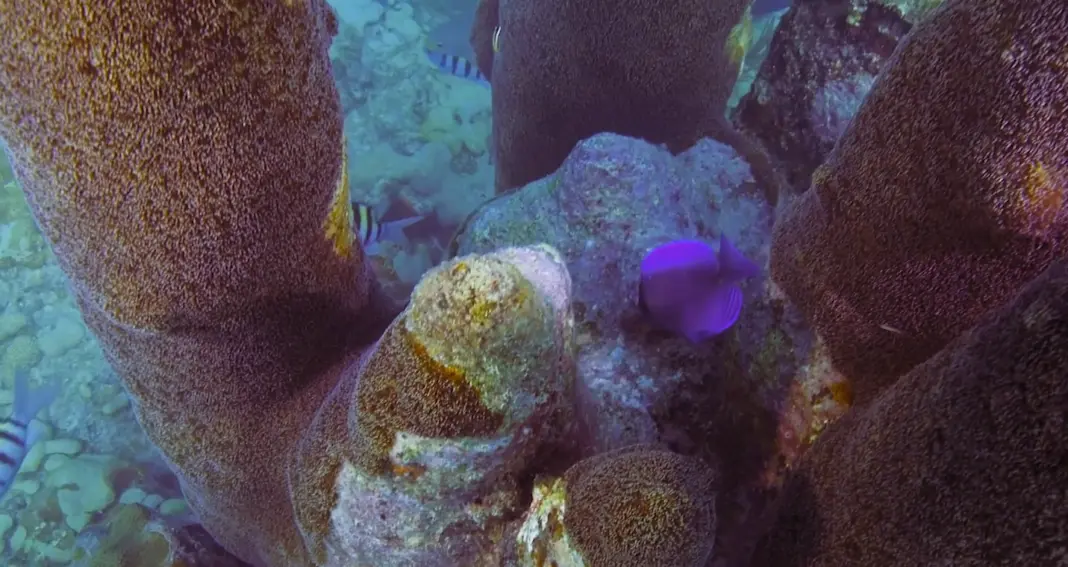A new study by researchers from the University of Florida has found that stony coral tissue loss disease is now causing drastic changes to the balance of the population of Caribbean hard corals.
These changes could, in the long term, have an irreversible impact on the marine ecosystem and habitat by killing off the healthier stony corals and allowing more weed-like organisms to survive. According to the research, the changes could ultimately radically change the biodiversity and ecosystems of the area.
The researchers found that as the stony corals die out, they are being replaced by more fast-growing seaweed-type creatures, which are good for herbivores but not other species.
According to Sara Swaminathan, the study’s lead author and environmental engineering sciences Ph.D. candidate at the University of Florida:
“Some fast-growing organisms, like algae, might thrive in the short term. But the loss of the susceptible corals could have long-lasting repercussions. Macroalgae doesn’t support as much biodiversity because it doesn’t create a hard habitat. It might be a positive for herbivores but not for other organisms that need places to settle and grow, hide or mate.”
While Kevin Lafferty, a senior scientist with the U.S. Geological Survey and leading expert on marine diseases, added:
“Some infectious diseases can affect entire ecosystems, but SCTLD is particularly impactful. And its impacts are complex, with some winners among the losers.”
You can find the original research here.

